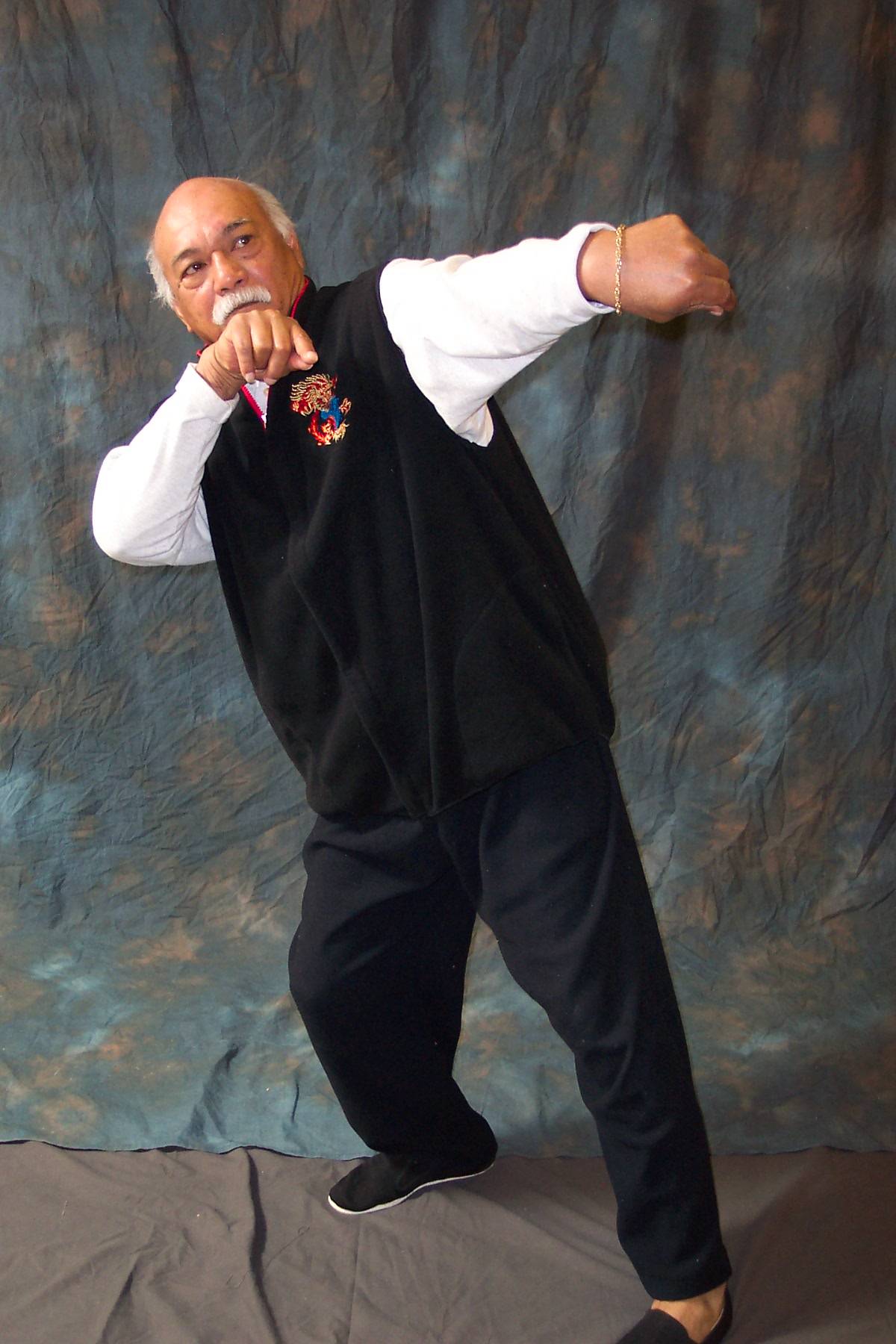
MARTIALFORCE.COM
PRESENTS
AN INTERVIEW WITH
SIFU JAMES IBRAO
OCTOBER / 2003

By Eddie Morales
Martialforce.com
Online Martial Arts Magazine
Photo's By Ron Hinckley
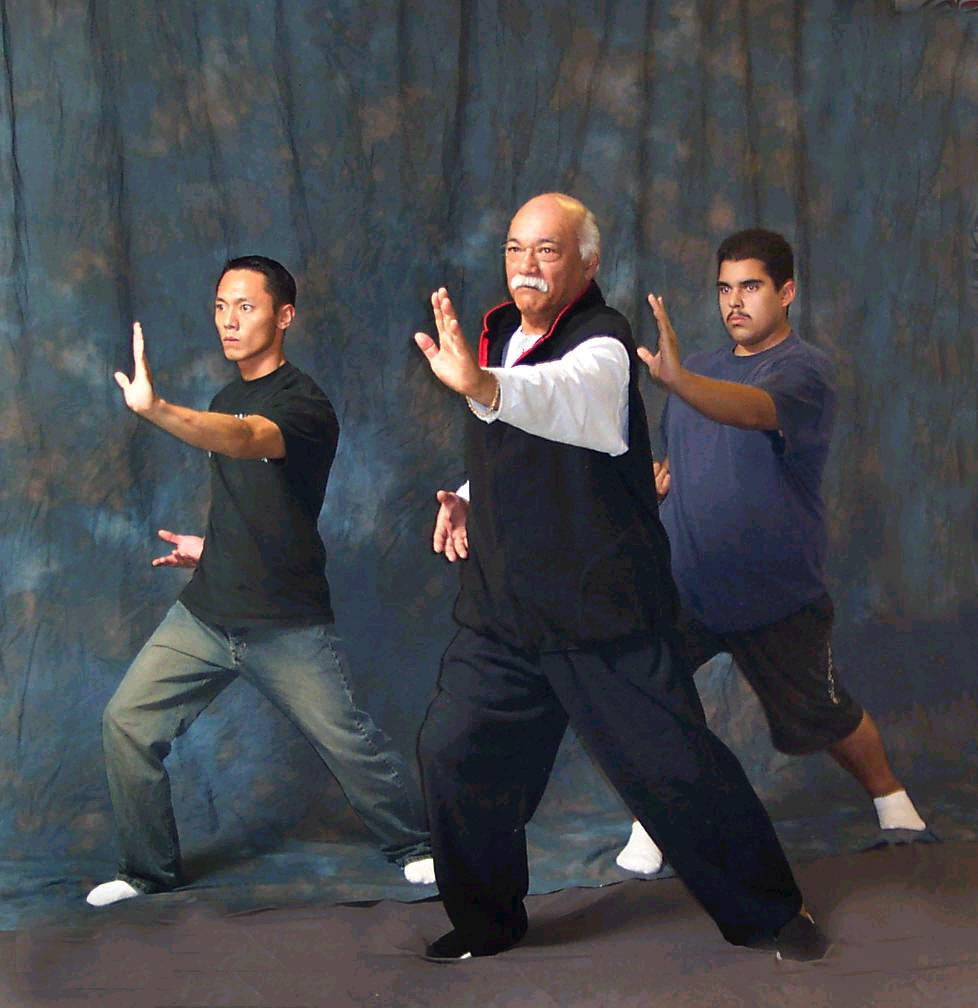
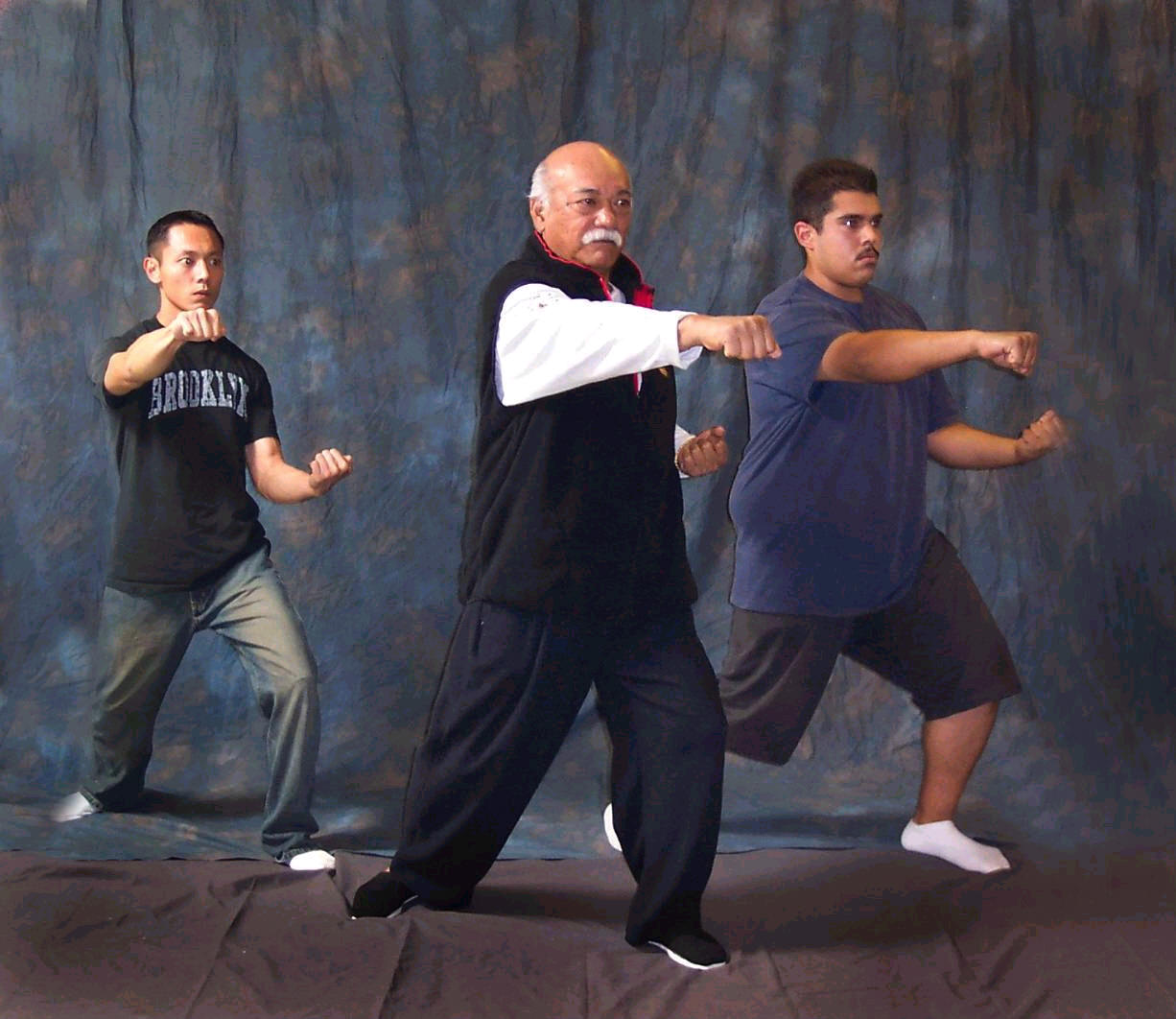
On a Thursday evening, October 16, 2003, in Pasadena California, I met and spoke with Sifu James Ibrao. I was eager to meet Sifu Ibrao because I had heard great things about him and his system. The interview was also an opportunity to learn not only his perspective on the Kenpo system, but to shed some light and understanding into his life as a practitioner and instructor of the Martial Arts.
From our interview I learned that Sifu Ibrao is simply, a straightforward gentleman. He answered my questions without hesitation, in a soft-spoken voice that entailed an underlying powerful manner. His beginning into the journey of Kenpo began in the 1950’s with Grand Master Ed Parker. He immersed himself completely into studying with Ed Parker, alongside dojo brothers, which included Ben Otake and Harold Wong
Today he continues his training in Chinese Martial Arts with Grand Master James Wing Woo. Sifu Ibrao also expressed his interest in the future of Martial Arts and in those who practice.
As a young man, Sifu Ibrao was an extremely talented athlete, and an outstanding basketball player. Among his many achievements, he enjoyed a once in a lifetime opportunity to play against and travel with the famous Harlem Globetrotters during their 1962/63 season. For Sifu Ibrao, it was one of his most memorable and personally satisfying experiences.
Sifu Ibrao has successfully trained many law enforcement officers, as well as celebrity artists, two of which were Robin Shou and Ed Neil, of Lord Zedd, Mighty Morphin Power Rangers fame.
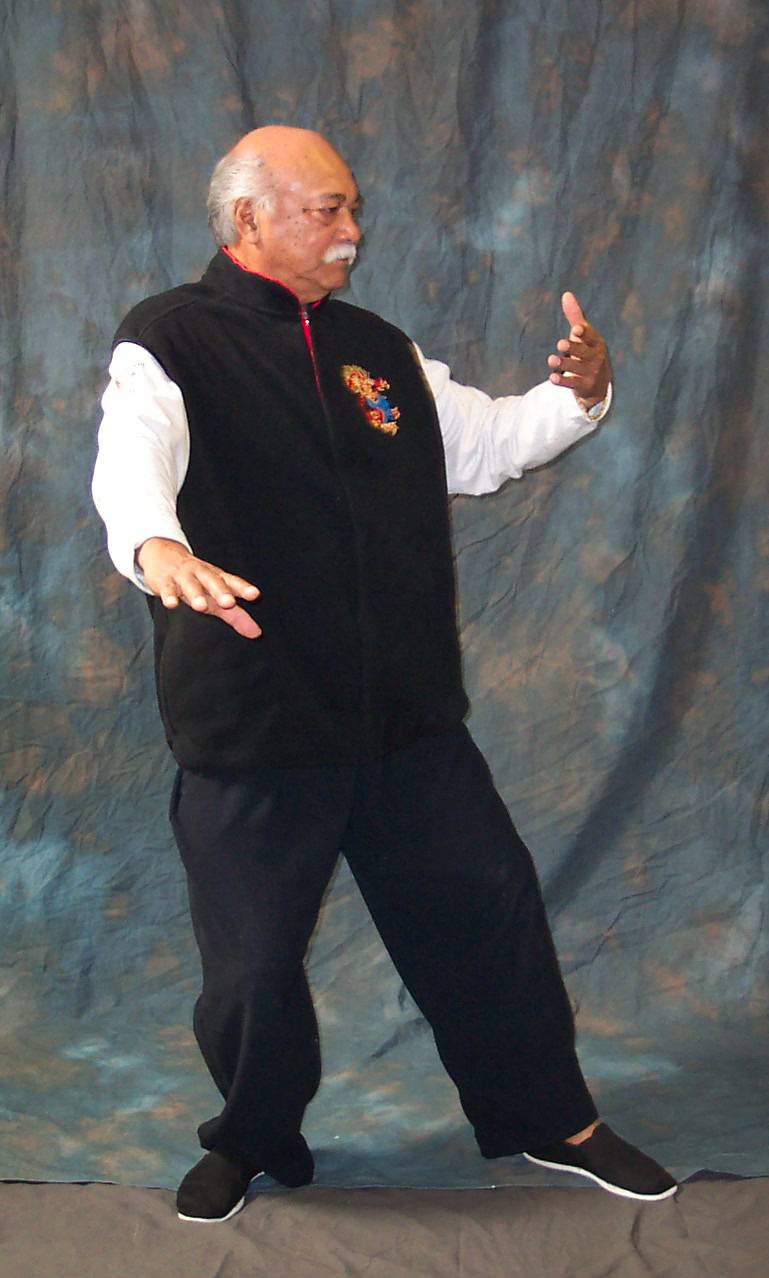
The following, is our interview:
M.Force:1) What initially got you involved in the practice of Martial Arts?
IBRAO: “Well, as a young man I excelled in sports. I arrived in Los Angeles California to begin my college studies. Not knowing too many people, I was introduced to a young man by the name of Bob Sarno. Bob went to school with Ed Parker, (Father of American Kenpo), in Utah. At that time, Parker was teaching a new martial art called Kenpo Karate. Fortunately for me, one weekend, Bob asked if I was interested in meeting Ed Parker and his students. Well, you can imagine my excitement in having an opportunity to meet someone of his stature and power! What I saw on that day changed my life, and I have never looked back. I immersed myself completely into studying with Ed Parker.”
M.Force:2) Were you one of Ed Parker’s first black belt students?
IBRAO: “Controversy has always followed the question who Ed Parker’s first black belt was. Allow me to respond by saying that I prefer to refer to myself as a first generation black belt, period. I think it’s proper since there are other black belts who say they are. But that doesn’t matter to me. The important thing is that I trained with Parker from zero to black belt.”
M.Force:3) How did you get involved with the Chinese KungFu systems?
IBRAO: “Well, Kenpo at that time was fascinating for me, and its intensity was so great. What Kenpo gave me was an open door to the martial arts and all its various styles, from Chinese systems, to Japanese, to Indonesian, etc. During a Chinese New Year holiday, we visited San Francisco’s Chinatown where we were introduced to some Chinese people. Among them was a gentleman, who introduced us to the Chinese system of Kenpo. His name was Grand Master Ming Lum. What we saw from watching him and his students, made me realize that I was still at an elementary learning stage. It was then that I saw for the first time, the depth of the Chinese system, which was so great. For me, it was the beginning of a journey I was about to take, and I would live with for the rest of my life.”
“I reached a point where I needed to learn about the history of the Chinese system. This began as a first step when I went to China to search out my mother’s roots. In 1982, we were one of just a few American schools asked to visit China. We put together a tournament called the “Friendship Tournament.” It was a great experience! From it I realized that there was still more for me to learn, and I shouldn’t concern myself with age. I should just enjoy the art and keep my health going strong.”
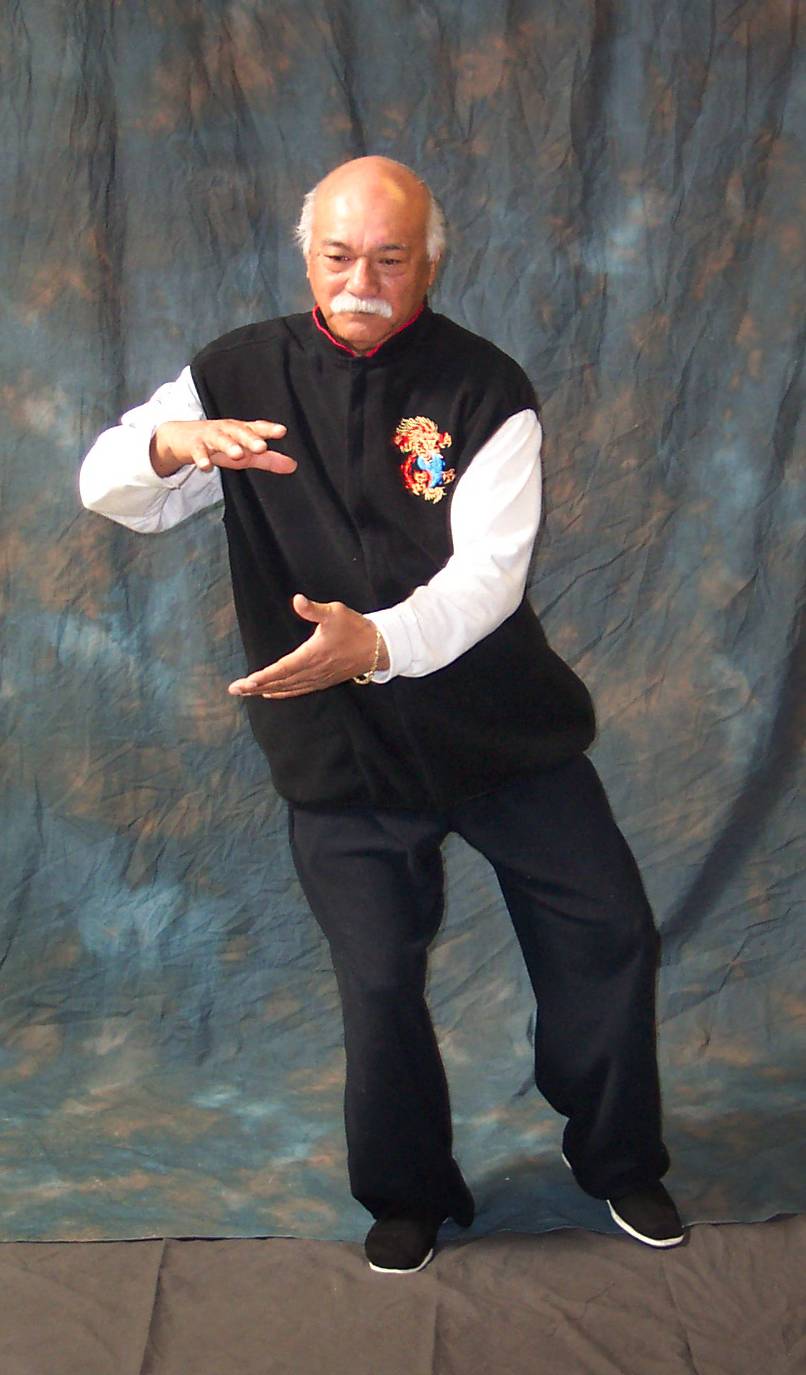
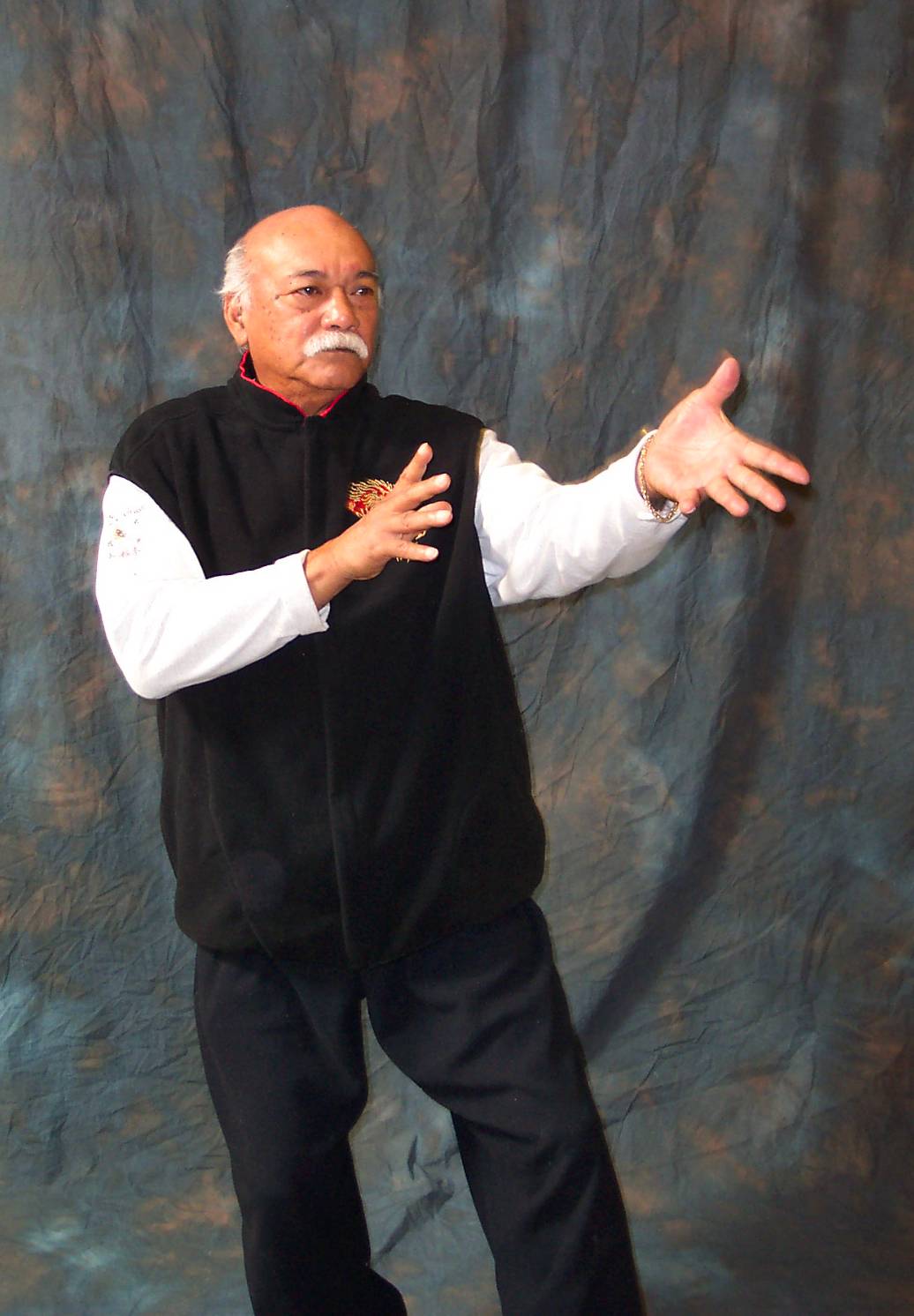
M.Force:4) Who did you study KungFu with?
IBRAO:”I studied with Grand Master Wing Woo, who brought KungFu to San Francisco and began adding the Chinese system into American Kenpo. What he gave to Kenpo were forms. For the past forty years, I have been studying with him, and still, today I continue to learn from him. Every Friday I train with Master Woo in the soft style, of Tai Chi.”
M.Force:5) Do you still teach Ed Parker’s system?
IBRAO: “Well, if you want to call it Ed Parker’s system, it is really American Kenpo, OK? I have instilled Ed Parker’s system into my body because it is where I first began to train in Kenpo. I have blended a lot of the movements of the Chinese system while utilizing the theories that Ed Parker taught me. What he has given me I have utilized and put together into my own system .The system that I practice I have named, “Jun Bao”, which is my Chinese name.”.
M.Force: 6) Is the Ed Parker system being taught the way you learned it, or are the forms and techniques different?
IBRAO: “Through the generations, the foundation of the Kenpo system, Ed Parker’s system, is still there. What has been refined or changed is how it is taught for educational purposes. The techniques have been numbered down and I would not say watered down but numbered to different sections, which made it easier for people to learn. It’s just a matter of who teaches it and how it is applied.”
M.Force: 7) What are some of the differences you have seen in the way the Martial Arts are generally taught and practiced today?
IBRAO: “Oh my God, there’s so much more! What I knew yesterday is nothing compared to what I know today. Today, I see martial artists attain their black belt level, and feel that they have reached a stop, an end, where there is not much more for them to learn. It is at that point where they must realize that they, as students, are at a new beginning in their studying. They must be taught that knowledge is vast, ongoing, never ending. Instructors must instill this in their students, and always provide them with the opportunity for further studying.”
M.Force:8) Are you currently active as an instructor?
IBRAO: “Yes, I am. I still teach at home privately with a certain number of students, and I teach Tai Chi at the YWCA in Gardena and at the Pasadena International Karate Association School, owned and operated by Shihan Tom Serrano.”
M.Force:9) Do you have any videotape on your system that can be purchased?
IBRAO: “Yes, I do. I have a program called, “The Five Forms to Black”. Many people have mistaken what I said about the Five Forms. I called it, “Five Forms to Black”, NOT “Five Forms and get Black”. What I want people to understand, is that the five forms put together are the Hung-Gar style forms. These forms are mainly for black belts interested in improving their forms. They can also implement them into their own systems. It will give them a longer journey in which to go forward. Yes it is for sale.
M.Force: 10) Are you or will you be teaching seminars in the near future?
IBRAO: “I am already teaching seminars in New York, Ohio, Miami, Chicago, Phoenix, Mexico, just to name a few.”
M.Force: 11) What are your thoughts on tournament competition and would you recommend it to your students?
IBRAO: “Tournament competition is one of the greatest things that ever happened in the Martial Arts. For one reason, it is an opportunity that a person has to have an outlet as opposed to going out and beating up people or getting into trouble. The tournaments help because it shows that there is always some one out there better than you. It lets you know if what you practice works, or if it doesn’t work then you have to work at it harder to improve. A tournament also teaches you distance, understanding distance and applying your techniques for distance. I emphasize this to my students but in no way force them to compete. In no manner do I use it in my grading system.”
M.Force: 12) What motivates you to continue teaching?
IBRAO: “I love teaching beginners; planting the seed and watching them progress and grow.”
![]() M.Force: Thank You Sifu Ibrao!
M.Force: Thank You Sifu Ibrao!
![]()
M.Force: All of James Ibrao Sifu's Tapes can be purchased at
![]() Click On Pictures To Enlarge
Click On Pictures To Enlarge
![]()
Edited by: Lydia Alicea
Sifu Ibrao with Shihan Eddie Morales
SIFU IBRAO,CURRENT SEMINAR SCHEDULE
NEW YORK CITY IN LONG ISLAND, JOHN BUSTO DOJO ON THE 21ST OF APRIL
IN CALIFORNIA AT WILLIE GORRERO'S BLACK DRAGON STUDIO, MAY 4,5 AND 6TH.